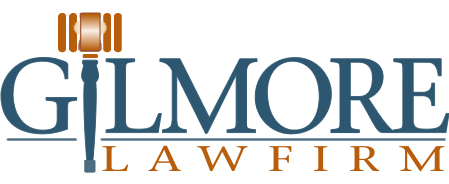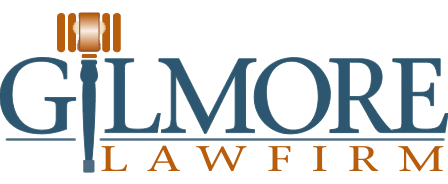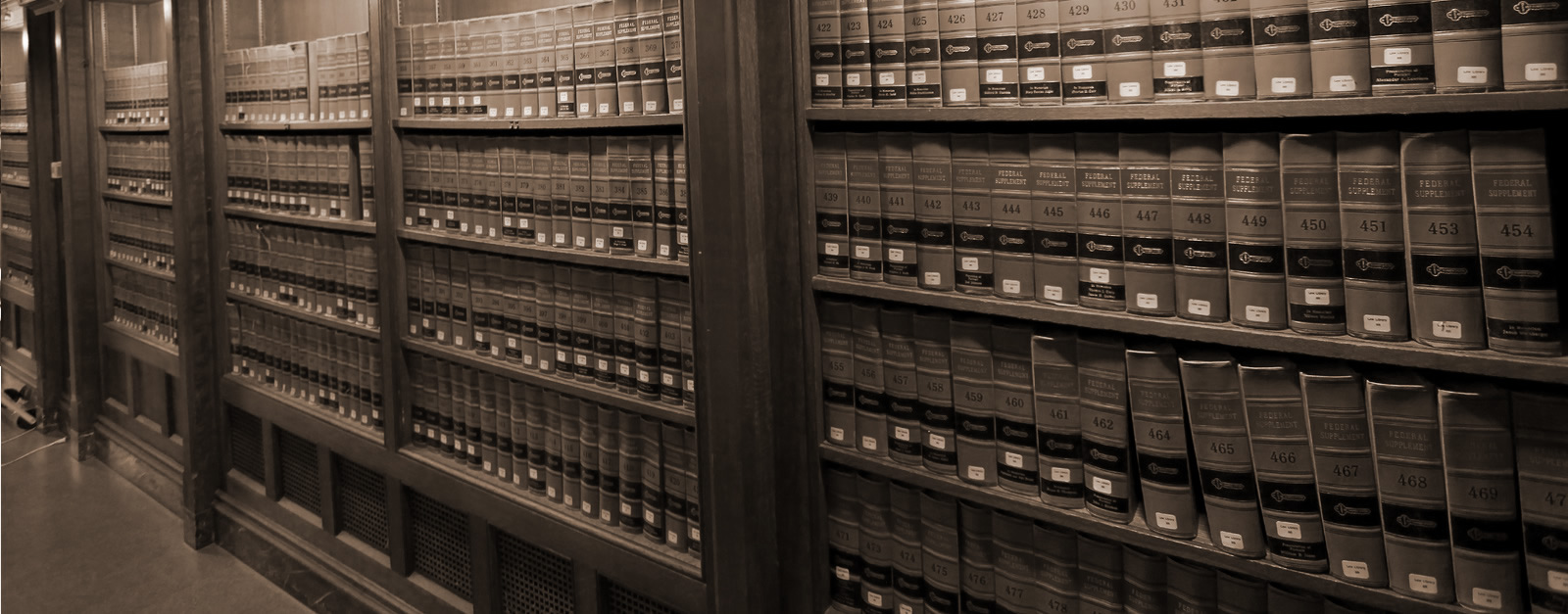Personal Injury and Premises Liability in Retail Establishments
My name is Edwin Lamberth. I’m a partner here at the Gilmore Law Firm. And we’re going to talk about personal injuries and premises liability today. In retail, it’s down.
Premises liability is the legal term that most folks haven’t heard of. And basically what it means is, is when you’re a customer or what the law calls an invitee of a retail establishment, whether that be a store, a restaurant or an auto parts store or any of those things the law premises liability defines when the owner of those premises is responsible.
When you get hurt on those premises. So some of the most common things that we see in premises liability with respect to injuries that occur at retail establishments are probably some of the things you’ve heard of before slumps, trumps, falls. Those can be anything from a defect in the premises themselves, such as a defective doorway, defective set of stairs.
Or it can be other things like water, grease, other substances left on the floor that make them a slip and fall hazard. And when those things occur and people are injured, what the law of premises liability does is it defines when the owner is responsible for those hazards and the injuries that they cause.
So we get a lot of questions about, well, I was in the store the other day. I slipped and fell in a puddle of water or I tripped on a stool that I was unable to see, or the automatic door closed on me and knocked me over and injured me. We get questions like this all the time and the question always is, Well, who’s responsible for that?
Well, oftentimes the premises owner that is the owner of the retail establishment is responsible for it. But you have to prove several things or several legal standards that you have to jump through in order to prove your case. And one of the most common ones we come up with those is actually being able to document or prove what was at the scene of the accident.
Now, if you’re hurt in a store, sometimes that can be difficult. Obviously, you may need medical care immediately. You may not have anybody with you. But to the extent that you are able to document the scene, to be able to see what you slept in, to be able to take a picture of what you tripped on, that is vitally important to gathering evidence about your case, because a lot of times we come in after the fact and things have been changed.
The other thing that you always want to be able to do is, is if you do talk to a man and you want to talk to a manager or an employee and tell them that you slipped and fell or that you were injured, if if that is, they don’t already know it or if you haven’t already called for help or somebody hasn’t done that for you.
When you do talk to the manager or the store employee, one of the things that you want to do is is ask them for the video if there is a video. Most retail establishments nowadays do have video cameras inside, especially shopping centers, grocery stores, things of that nature. A lot of them have video cameras inside. The other thing that you want to ask for is a copy of what is called the incident report.
If you’re injured and you actually call a manager or an employee, nine times out of ten, they’re going to fill out an incident report. And you should request that incident report. Sometimes they will give it to you. Sometimes they won’t give you the video either. There may be a reason for that, but you always want to ask for it politely.
Give them the opportunity, do the right thing, and give you the information that they ask for. Another one of the things that’s that’s that you should do again if you’re able is, you know, in most retail establishments they’re going to be other people around are if you can you or someone with you should get the names and contact information of those witnesses and here’s why.
That’s important. So in order to prove your case, you have to prove that there was something that the owner created a hazard or that the hazard like water or grease or something to that effect, was there for such a period of time that they should have known about it and should have done something about it. And so other witnesses around you or people in the store or the people that come to your aid can be hugely important in that situation.
And if you can document their information, the other thing is that a lot of times after an incident like this, when your heart goes out to the hospital a few days later, you’ll oftentimes get a phone call from what’s called an insurance adjuster or claims handler or someone at the risk department, the company where you were shopping or at a restaurant.
A lot of folks, you know, are very trustworthy. And, you know, they think those phone calls are just about gathering information. But those people are there to attempt to document an information to to nullify or to downplay your claim. They’re not your friends. And you want to be careful about giving statements just about it at that point. You know, if you do get one of those phone calls, you might want to take a step back and say, look, I’d I’d like to talk later and maybe consult an attorney about the situation before you speak to them and give a full blown statement about what happened.
Because they’re not just gathering information. They’re gathering information to help them and not you. One of the things that we also tell people is that if you’re hurting and you need to seek medical attention, a lot of folks are tough. They think they can get through it, you know, and then two or three days later, they may finally decide to go to the doctor.
Our recommendation is, is to get treatment. And the reason for that is, is if you’re one day presenting your claim and you haven’t been to the doctor or the insurance carrier or the risk adjuster or the claims handler, if you have gone to the doctor, they’re going to assume you’re not hurt. You may be seriously hurt. You may have pain.
But if you don’t get it treated and you don’t do something about it and document your medical condition, it’s going to make processing and prosecuting your claim a little more difficult. And so what we tell people has is once you get out of that initial phase of medical treatment, whether you went to the emergency room, you end up going to your primary care provider as then if you’ve got questions about whether someone else may be responsible for your trip or slip or fall at a retail establishment, reach out to an attorney.
We’re always here to answer questions. You know, it’s been proven time and time again that folks who consult lawyers get two, three, four, five times the amount of settlements that they do than if they try to handle the claims on their own. And so we try to walk you through that process. We try to tell you who’s responsible for your medical bills, handle those things for you so that you don’t have to.
And get your questions answered as quickly as possible. We’re here any time. Give us a call and we’ll be happy to help you out.



